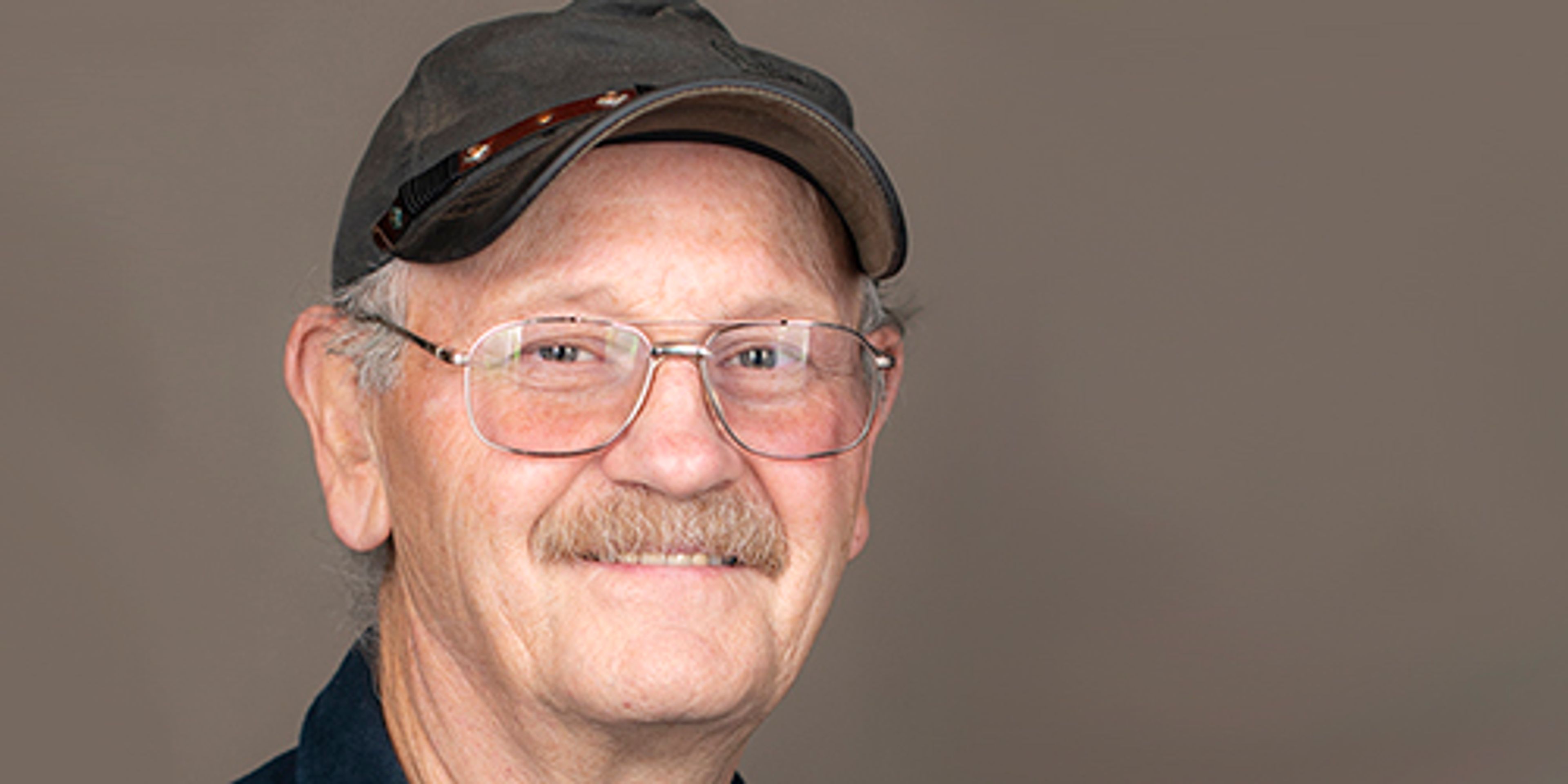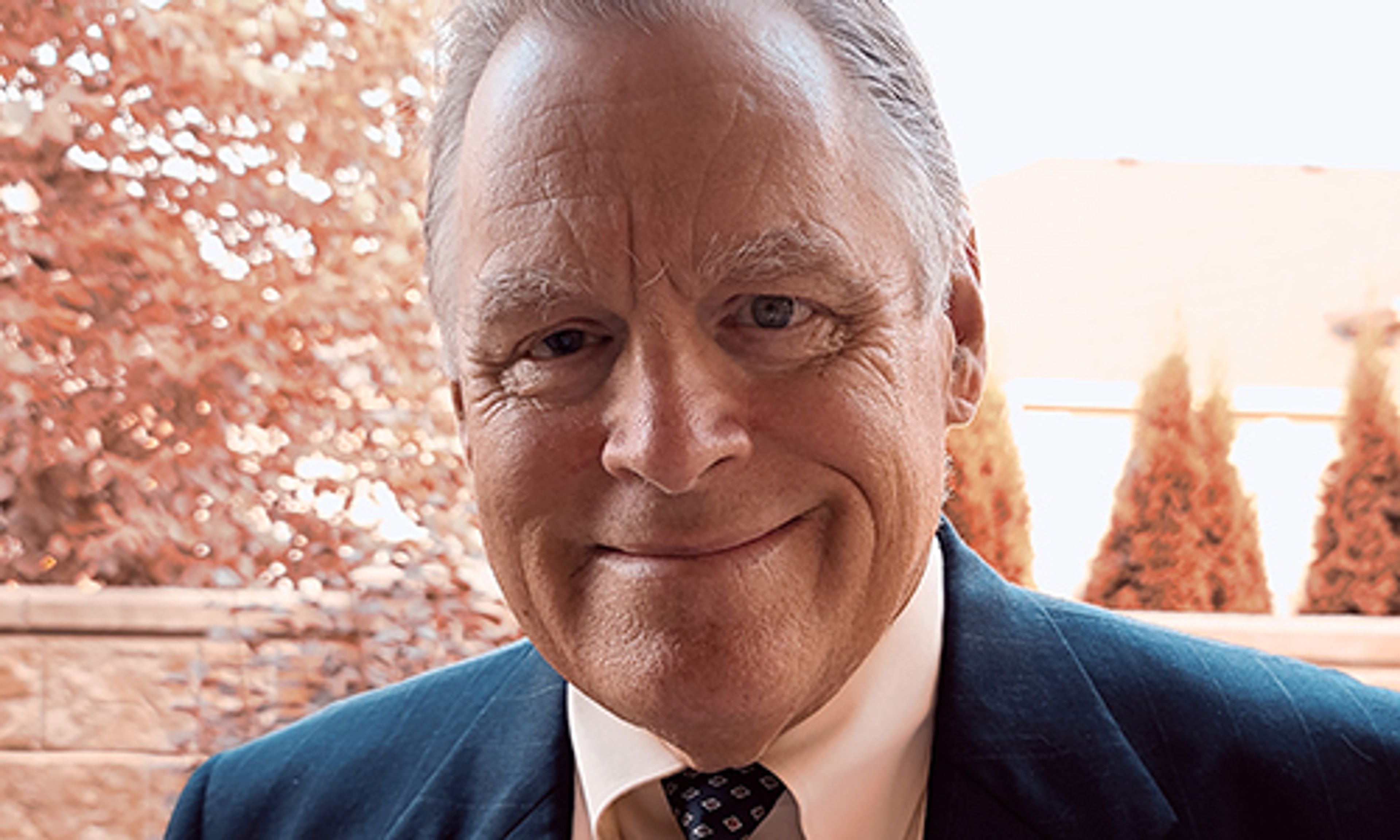JEERS ... to Washington Superintendent of Public Instruction Randy Dorn. Driving drunk got him a night in jail, $866 in fines, a 90-day suspended sentence and a couple of Saturdays in drug and alcohol awareness classes.
Dorn didn't fight the charges. He didn't seek a plea bargain to a lesser-included offense such as reckless driving. He admitted his crime. He's expressed contrition.
But here's the thing: What made Dorn think that as the state's schools chief, he could attend a crab feed and dance at Bonney Lake in Pierce County, drink several glasses beer and get behind the wheel of a car? Any public official, especially one who purports to be a role model for school children, ought to have better judgment.
When an Orting, Wash., police officer stopped him March 21 in front of Orting High School, Dorn had been speeding and one of his tail lights was out. The officer said he could smell alcohol and Dorn failed field sobriety tests. A breath test put his blood-alcohol content at 0.11 percent, well above the legal limit of 0.08 percent.
Then he clammed up. Dorn didn't disclose his arrest. Reporters dug it up. Even then, Dorn waited a couple of days before issuing a prepared statement.
So far, he's yet to give an interview or a press conference. That's why it's still unclear how much alcohol he consumed or why, in a state that as Seattle Times columnist Danny Westneat notes has zero tolerance for student drinking, Dorn believes he deserves a second chance.
CHEERS ... to Nez Perce County Prosecutor Dan Spickler. Thursday, he convinced Nez Perce County commissioners to back up and relaunch the process of naming appointees to a Lewiston-Nez Perce County Regional Airport authority. That's in response to:
l A group alleges that some of the pending appointees have conflicts of interests.
l County commissioners, meeting in an open session, made these appointments through secret ballots. Even though the votes are recorded, that violates every spirit of a law that compels public officials to conduct the public's business in an open manner.
l Idaho's law requires a quorum of public officials conduct open meetings. However, it appears people privately met with individual members of the commission to discuss potential appointments. Spickler says he found no deliberate intention to circumvent the open meeting law. But public officials are obligated to disclose these conversations prior to voting. Otherwise, how would anybody learn what was said or promised? What would voters as well as other county commissioners know? And in this case, there's no record of disclosures having been issued.
The problem with Idaho's open meetings law is matters rarely are black and white. The law itself is weak. So it's not easy holding public officials to account. When the county's own lawyer takes on that job, it tells you something about the county commission being seriously off course.
It also tells you something about Spickler. The fact is, throughout most of Idaho, you're more likely to see just the opposite, a county lawyer defending local officials against allegations of improperly acting clandestinely. He's a refreshing exception.
JEERS ... to Idaho Gov. C. L. (Butch) Otter. In a March 5 fundraising letter, Otter touted his opposition to President Obama's health care reform. He accused "leftists in Washington, D.C.," of "playing fast and loose with the facts." Otter warns his would-be re-election campaign contributors that health care reform would impose "an enormous and unsustainable unfunded federal mandate on state taxpayers. We're talking about annual Medicaid costs immediately increasing by $500 million in Idaho alone if the Obama legislation becomes law."
Where did he get that? Idaho's Department of Health and Welfare hasn't done an analysis of the bill. Neither has Attorney General Lawrence Wasden, who joined 13 of his colleagues in challenging health care reform in court.
Here's what the bill does. It extends Medicaid coverage to able-bodied adults. The Urban Institute concluded Obama's package would add 82,000 Idaho adults to the state Medicaid program once the changes are implemented in 2014. For the next two years, the feds would pick up 100 percent of the costs. Then the state would begin paying a 5 percent match and gradually Idaho's share would rise to 10 percent, where it would remain.
The Urban Institute says the feds will pay $221 million to cover these Idahoans. The state's share eventually would come to $20 million, but Idaho already is spending twice that much to cover medical bills incurred by people of limited means under the Catastrophic Health Care fund.
If expanded Medicaid coverage cuts those costs by even half, the state would be out nothing.
As this governor is fond of saying, you're entitled to your own opinion - but not your own facts.
JEERS ... to Idaho Health and Welfare Director Richard Armstrong. Pressed to absorb budget cuts, Armstrong has imposed more pain on people in north central Idaho by shutting down offices in Orofino and McCall. Those are among nine offices Armstrong closed to save $6.5 million. But why these two?
Clearwater County has Idaho's highest unemployment rate at 19.3 percent. The natural resource industry is hurting. Idaho almost closed Dworshak State Park. Many of the school children rely on subsidized lunches.
Why kick Orofino's neediest citizens now by closing the local health and welfare office? There's no easy way for them to get to Lewiston's health and welfare regional offices for food stamps, mental health and other services. It's a slow, frustrating commute along U.S. Highway 12.
Valley County has Idaho's third highest unemployment rate at 17.9 percent. Likewise, people in McCall also have a choice - drive almost 100 miles north along U.S. 95 to Grangeville or traverse state Highway 55 through the Payette River canyon to Boise. As bad as either commute looks in April, imagine trying it in winter.
You have to wonder whether Health and Welfare could have closed an office in a medium to large Idaho city, consolidated operations and saved much more money.
Armstrong's decision will bring a lot of grief to people in this corner of Idaho, just to save $613,000.- M.T.







